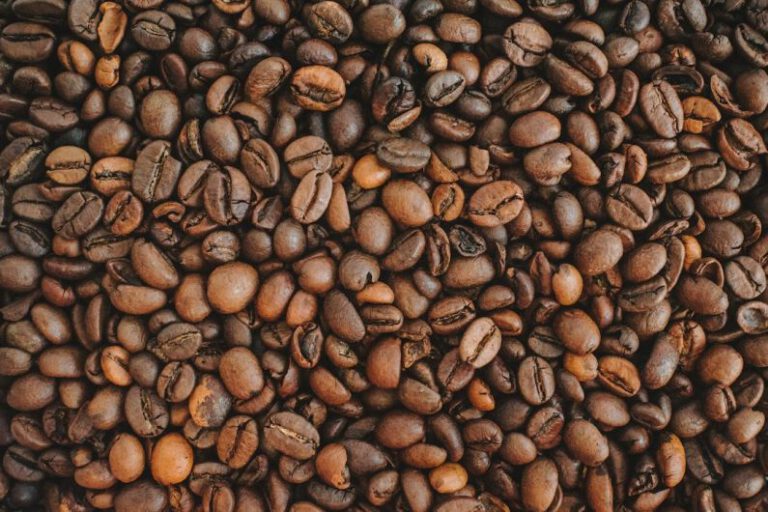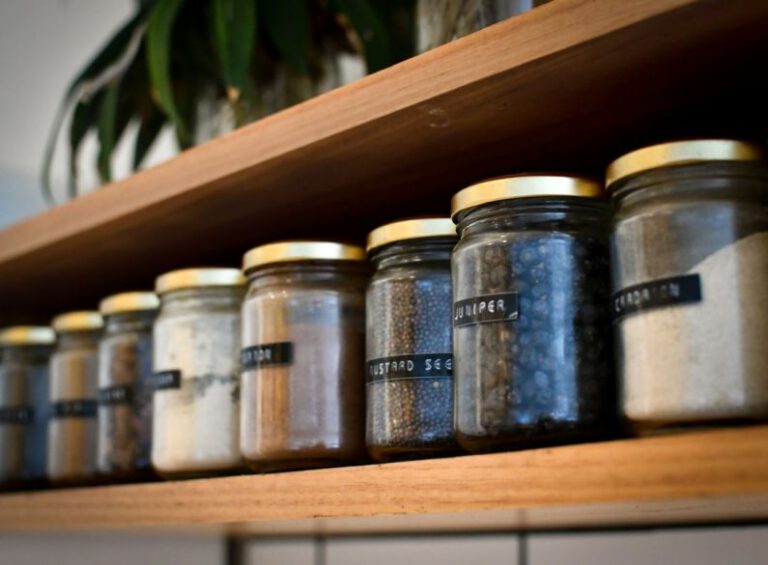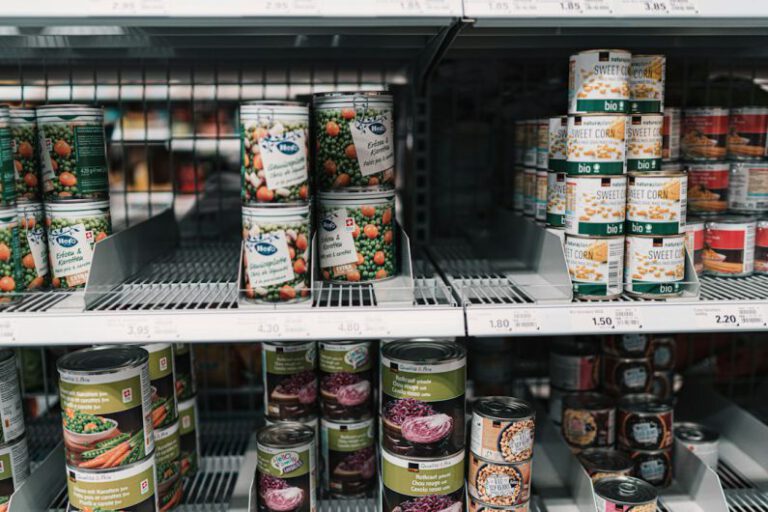Extending the Shelf Life of Herbs and Greens
Fresh herbs and greens are a wonderful addition to any dish, providing vibrant flavors and essential nutrients. However, they tend to have a short shelf life, often wilting or losing their flavor after just a few days. To make the most of your herbs and greens, it is crucial to know how to extend their shelf life. By following a few simple tips and tricks, you can keep your herbs and greens fresh and flavorful for longer.
Proper Storage
One of the most important factors in extending the shelf life of herbs and greens is proper storage. Storing them correctly can help maintain their freshness and prevent wilting. Begin by removing any damaged or yellow leaves and trimming the stems. Then, wrap the herbs or greens loosely in a damp paper towel or place them in a container with a small amount of water. Next, cover them loosely with a plastic bag or plastic wrap, creating a mini greenhouse effect that helps retain moisture. Finally, store them in the refrigerator, preferably in the crisper drawer, where the temperature and humidity are typically higher.
Revitalize with Water
If your herbs or greens have already started to wilt, there is still hope. The key to reviving them is water. Begin by trimming the ends of the stems and placing them in a glass of water. If the stems are too short, you can also submerge the leaves in a bowl of water for a few minutes. This process allows the herbs or greens to absorb water and regain their crispness. Once they have perked up, gently pat them dry with a paper towel before using them in your recipes.
Freezing for Long-Term Storage
If you find yourself with an abundance of herbs or greens that you cannot use up in time, freezing is an excellent option for long-term storage. Begin by washing the herbs or greens and patting them dry. Then, chop or tear them into small pieces and place them in an airtight container or freezer bag. It is a good idea to label the containers with the name and date to avoid confusion later on. Frozen herbs and greens can be used directly in cooked dishes without thawing, adding flavor and nutrition to your meals all year round.
Preserving with Oil
Another fantastic way to extend the shelf life of herbs is by preserving them in oil. This method not only keeps the herbs fresh for longer but also infuses the oil with their flavors, creating a versatile ingredient for various culinary creations. Begin by washing and thoroughly drying the herbs. Then, chop them finely and place them in an ice cube tray. Fill each compartment with olive oil, ensuring that the herbs are completely submerged. Freeze the tray until the oil solidifies, then transfer the herb-infused oil cubes to a freezer bag for long-term storage. These cubes can be easily added to sauces, soups, or sautés, giving your dishes a burst of fresh herb flavor.
Incorporate into Homemade Herbal Vinegars
If you enjoy making homemade salad dressings or marinades, incorporating herbs into herbal vinegars is a fantastic way to extend their shelf life. Begin by washing and drying the herbs, then place them in a sterilized glass jar. Fill the jar with vinegar (such as white wine vinegar or apple cider vinegar) and seal it tightly. Store the jar in a cool and dark place for a few weeks to allow the flavors to infuse. The resulting herbal vinegar can be used in various recipes, adding a delightful tang and herbaceous notes.
Conclusion: A Longer Life for Your Greens
By following these simple tips, you can extend the shelf life of your herbs and greens, reducing waste and ensuring that you always have fresh ingredients on hand. Proper storage, revitalization with water, freezing, preserving with oil, and incorporating into homemade herbal vinegars are all effective methods that allow you to enjoy the flavors and health benefits of herbs and greens for longer. So, stock up on your favorite herbs and greens, and let them shine in your culinary creations.






